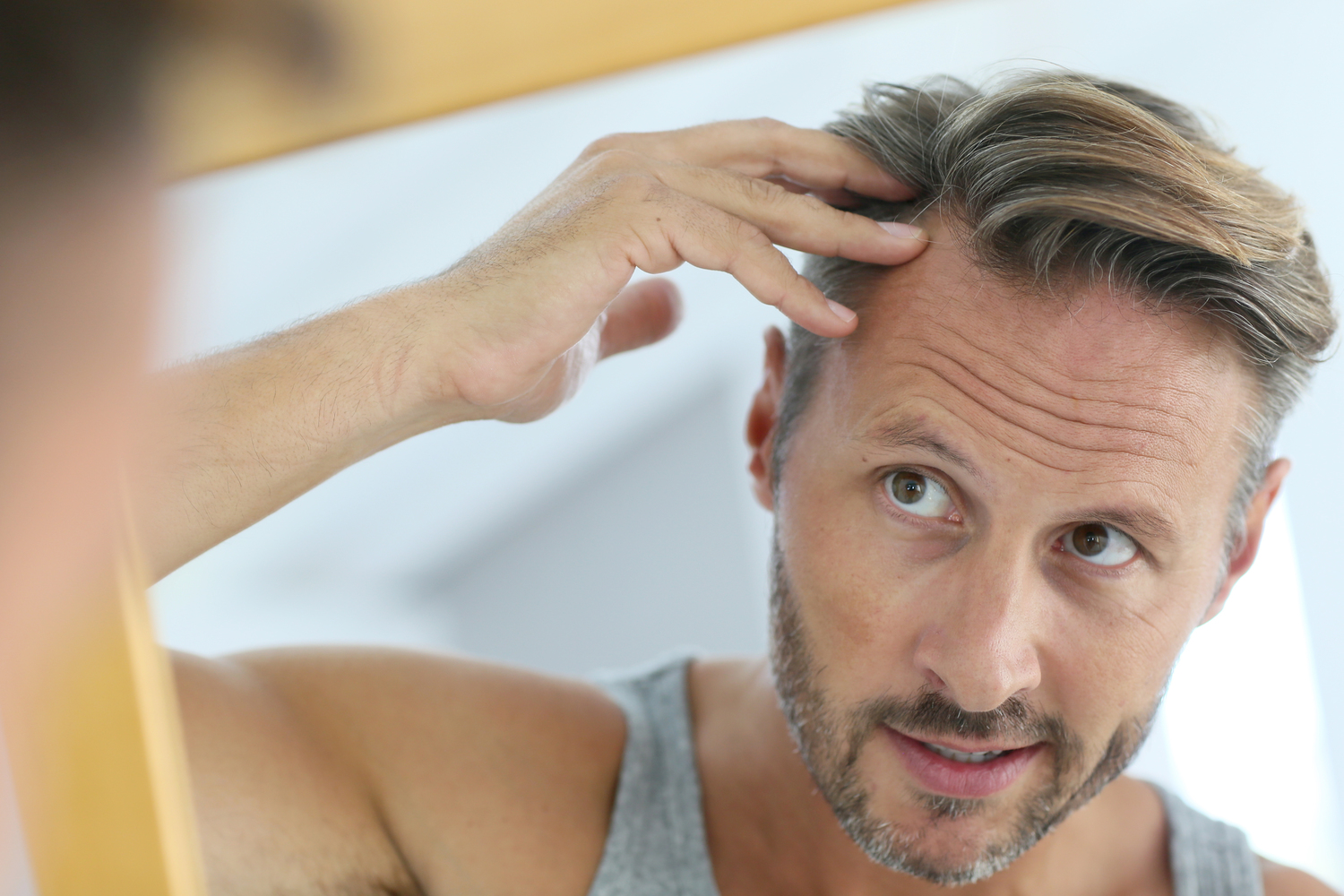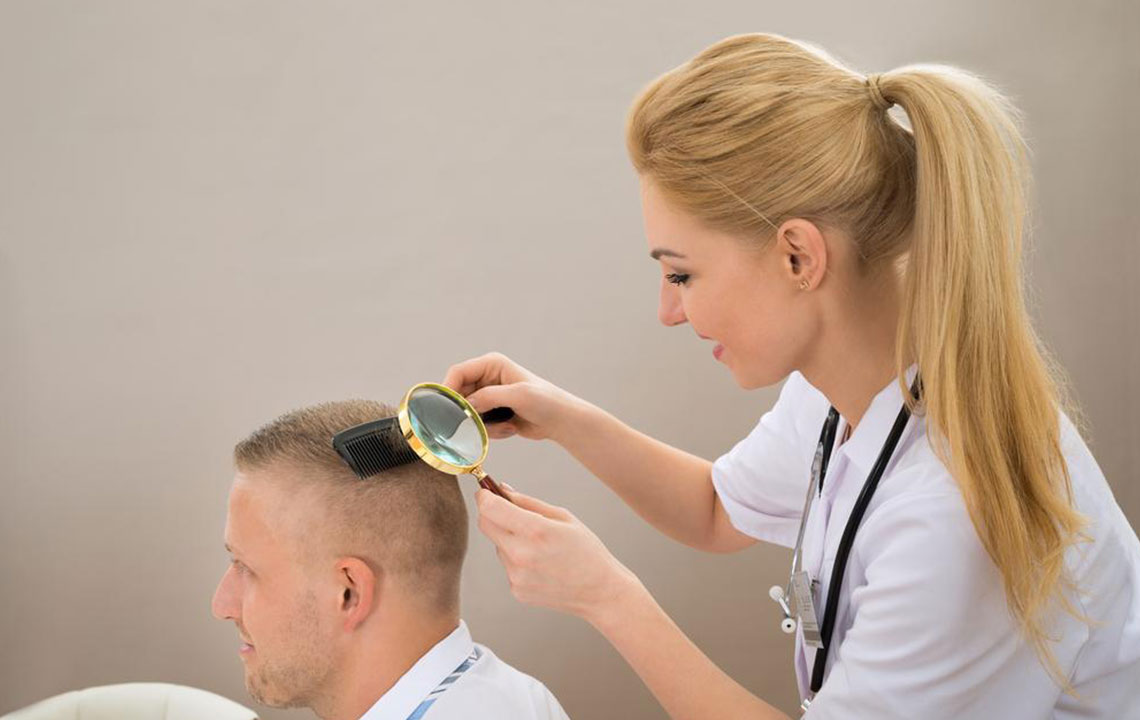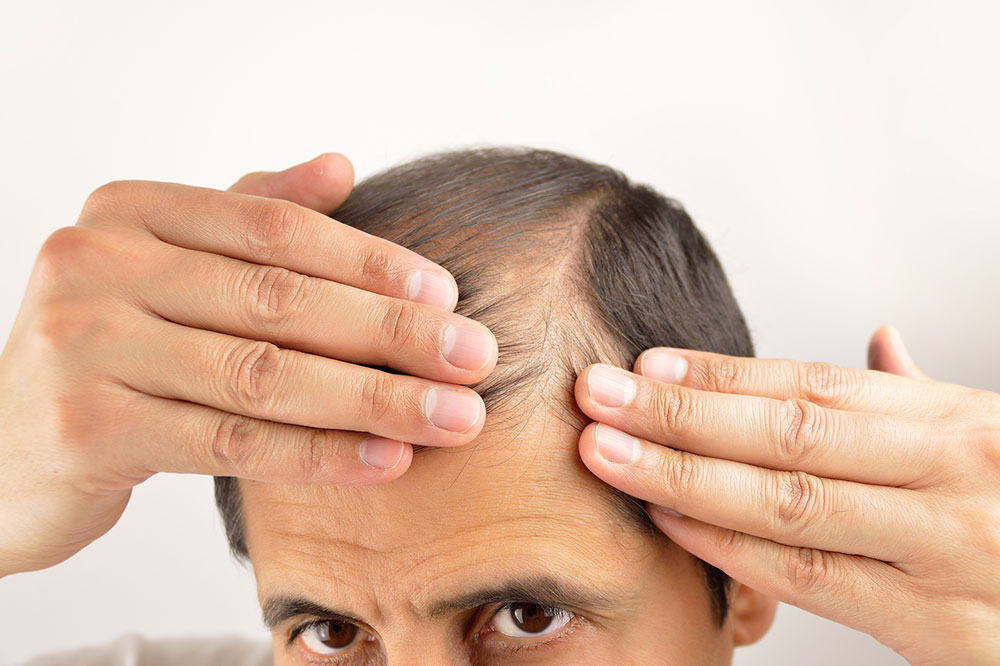Comprehensive Guide to Effective Hair Loss Treatments and Prevention Strategies
This comprehensive guide explores effective strategies for preventing and treating hair loss, including natural remedies, dietary advice, lifestyle changes, and medical procedures like PRP therapy and hair transplants. Understanding the causes and tailored treatments can help restore hair health and boost confidence. Early intervention and expert consultation are key to successful hair restoration.

Comprehensive Guide to Effective Hair Loss Treatments and Prevention Strategies
Hair loss, medically referred to as alopecia, is a common condition that affects millions worldwide, impacting self-esteem and overall confidence. It involves the gradual thinning or complete loss of hair on the scalp, which can occur at any age but is more prevalent among men and women as they age. Understanding the causes, potential remedies, and preventive measures is crucial for those seeking to regain healthy hair or halt further loss. This comprehensive guide delves into effective strategies for combating hair loss, providing valuable insights into natural remedies, dietary influences, lifestyle modifications, medical treatments, and surgical options available today.
Understanding Hair Loss: Causes and Types
Before exploring solutions, it’s essential to understand the different types and causes of hair loss. The most common form is androgenetic alopecia, often hereditary, characterized by hair thinning predominantly on the top of the head or frontal hairline. Other types include telogen effluvium, which results from stress or illness causing diffuse hair shedding, and alopecia areata, an autoimmune disorder leading to patchy bald spots. Causes can vary widely, including nutritional deficiencies, hormonal imbalances, emotional or physical stress, certain medications, underlying medical conditions, and hair care practices.
Effective management begins with accurate diagnosis, usually conducted by a dermatologist or a trichologist, who can determine the root cause and recommend tailored interventions.
Natural Remedies and Lifestyle Changes for Hair Loss Prevention
Many individuals prefer natural remedies to promote hair health and prevent further loss. These approaches are generally considered safe and can be incorporated into daily routines:
Hot Oil Hair Treatments: Applying natural oils such as sunflower, canola, or extra virgin olive oil as hot oil treatments helps nourish the scalp, moisturize hair strands, and stimulate follicles. Gently massaging the oil into the scalp increases blood circulation, encouraging hair growth. Regular application once a week can yield noticeable improvements.
Green Tea Extract: Rich in antioxidants, green tea may inhibit the enzyme responsible for hair loss and support follicular health. Brew two green tea bags in boiling water, let cool completely, and apply as a rinse or scalp soak for about an hour before rinsing thoroughly. Consistent use may strengthen hair and reduce shedding.
Dietary Improvements: Proper nutrition plays a significant role in hair vitality. Incorporate high-protein foods like lean meats, fatty fish such as salmon, and plant-based options like soy and beans into your diet. These provide essential amino acids and omega-3 fatty acids that nourish hair follicles. Additionally, foods rich in zinc, biotin, iron, selenium, as well as vitamins A, C, and E, support keratin production, scalp health, and hair strength.
Stress Management: Excessive stress is a known trigger for hair shedding. Engage in stress-reducing activities such as meditation, yoga, deep-breathing exercises, or regular physical activity like brisk walking or cycling. Aiming for at least 30 minutes to an hour daily can significantly lower cortisol levels, potentially preventing stress-induced hair loss.
Proper Hair Care Practices: Shampooing every other day with gentle, sulfate-free shampoos maintains scalp cleanliness without stripping natural oils. Using wide-tooth combs or brushes designed for detangling minimizes hair breakage. Avoid harsh chemical treatments or excessive heat styling, which can weaken hair and lead to shedding.
Medical and Technological Interventions for Advanced Hair Loss
If natural remedies do not produce desired results, or if hair loss is severe, medical treatments and procedures are available. It’s imperative to consult healthcare professionals before undertaking such interventions:
Medications:
Minoxidil (topical): An FDA-approved over-the-counter solution applied directly to the scalp helps stimulate hair growth and slow shedding. It is suitable for both men and women, but side effects can include scalp irritation.
Finasteride (oral): A prescription medication that inhibits hormonal pathways responsible for hereditary hair loss in men. Continuous use is necessary to maintain results, and it’s not recommended for women of childbearing age due to potential side effects.
Platelet-Rich Plasma (PRP) Therapy: This innovative treatment involves drawing blood, processing it to concentrate platelets and growth factors, then injecting the plasma into specific scalp areas. PRP stimulates follicle regeneration, enhances blood supply, and can promote thicker, healthier hair over multiple sessions. The effects can last up to two years depending on various factors.
Hair Transplantation: For persistent or severe baldness, surgical options such as follicular unit transplantation (FUT) or follicular unit extraction (FUE) can restore hair density. Donor hair is taken from the back or sides of the scalp and transplanted into bald or thinning areas for natural-looking results. The procedure requires careful planning and post-operative care.
Scalp Reduction Surgery: This involves removing non-hair bearing scalp skin and stretching remaining hair-covered scalp to reduce baldness, predominantly used for extensive regions such as the crown or top of the head. It is generally combined with hair transplantation for optimal results.
Each of these treatments carries benefits and risks, and outcomes depend on individual factors including age, extent of hair loss, and overall health.
In conclusion, combating hair loss involves a multifaceted approach. Combining natural remedies, proper nutrition, lifestyle adjustments, and medical interventions can provide effective results. Early diagnosis and treatment are crucial in preventing irreversible hair loss and maintaining scalp health. Consultation with healthcare professionals ensures tailored treatment plans suited to individual needs, leading to the best possible outcomes for hair restoration.





